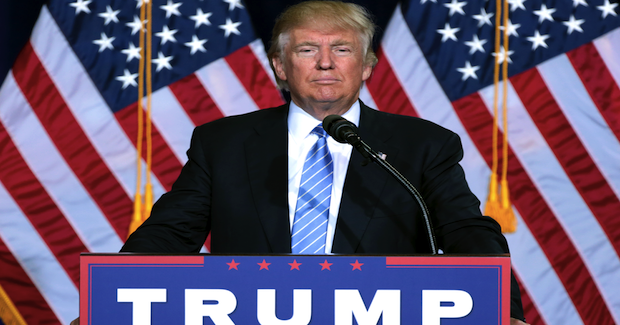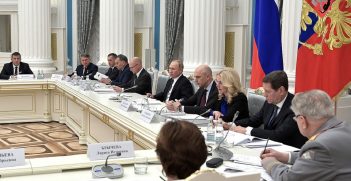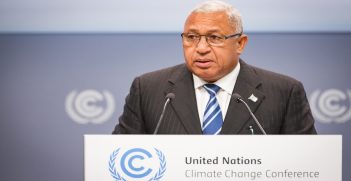The Positives in a Trump Presidency

While the commentariat has been alarmed—generally with justification—over the foreign policy outcomes that will be consequent on a Trump victory, there may nevertheless be some positives for Australia.
For too long the American alliance has been assumed as the bedrock of all Australian external policy. Successive Australian leaders have made the pilgrimage to Washington to announce that the US has and always will be a force for good in the world, its leaders statesmanlike, its conduct a model, its constitution an inspiration. This cringeworthy rhetoric has been delivered in a remarkably bipartisan spirit.
Trump will be a salutary reminder that politics in the United States—as in most political systems—is driven by domestic dynamics often of a highly parochial nature, and consequently the prospects for even major foreign policy initiatives (the Trans-Pacific Partnership is a good example) have always been prey to those dynamics. Moreover, the particular systemic rules in America almost guarantee that there is little institutional memory that is longer than eight years (sometimes being as short as four years). In this regard, recall the enhanced intelligence cooperation negotiated between the George W. Bush and John Howard administrations.
Yet Australian foreign policy for too long has been conducted as though the US would always be governed by the better angels of its nature, and that the respective interests and values of the United States and of Australia were inevitably aligned. So far, although there have been policy disasters as a consequence—Iraq has been the most egregious—fundamental Australian interests have not been seriously prejudiced.
With the rise of China, however, US-Australia cooperation was leading to the possibility of a serious collision that might even risk Australian lives and would certainly cost a great deal of treasure. Trump’s presidency may reverse this unfortunate drift. Just at a time when superannuated admirals have been pushing for a confrontation with China over the South China Sea (even the pronouncements of President Duterte in the Philippines failing to deter them), a Trump presidency will remind us of the feckless and dangerous nature of such postures.
If he is true to his campaign form, Trump will likely want to know how many ships we will send—not being well briefed, he will be incredulous when given the answer—and how much we will pay. Neither component of our contribution is likely to prove acceptable. He will also want to know what support ASEAN will offer, and when advised of the answer will, perhaps, condemn the organisation for offering only summits not submarines. In the absence of a coalition with teeth, he would not be predisposed to act alone.
Prudent Australian policy should be conducted on the assumption that the US—again like all other political systems—is a country with interests of its own, and none of these interests are carved in stone.
The US shares many values and interests with Australia and thus cooperation in pursuit of a broad range of goals is a defensible strategy. But each issue has to be assessed on its merits. If in August 2002, the government had sought an assessment of the long-term prospects for intervention in Iraq as a means of advancing the Australian national interest and decided accordingly, we would probably not have been party to the destabilising of a whole region with the attendant incubation of ISIL.
It is not too late to adopt this model of decision-making, perhaps especially with respect to projects promoted by the new government in Washington. In short, some of the issues and causes of the forthcoming Trump presidency may prompt us to craft a foreign policy more of our very own.
James Cotton is emeritus professor at the University of NSW, Australian Defence Force Academy. He is a Fellow of the Australian Institute of International Affairs.
This article is published under a Creative Commons Licence and may be republished with attribution.





